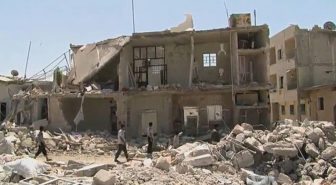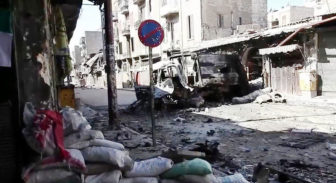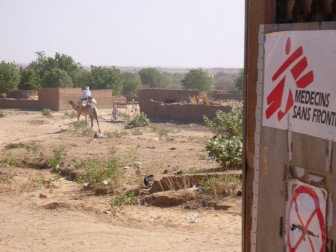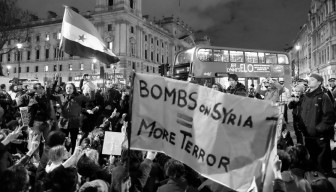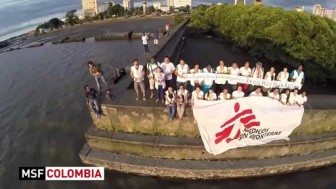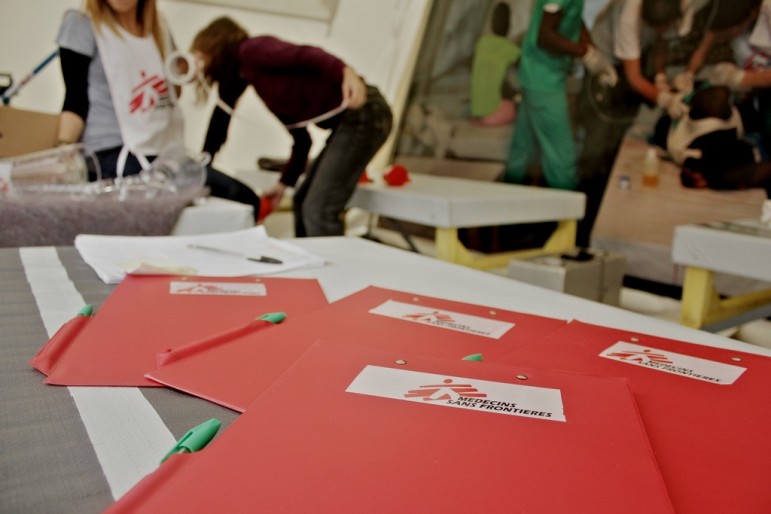
November 5, 2015; CNN
Doctors Without Borders, known internationally as Médecins Sans Frontières or MSF, released its internal report about the events and circumstances surrounding the U.S. airstrike on its hospital in Kunduz.
Our warning: The report spares no details. The account is horrifying and makes a good case for the attack being a purposeful act conducted by the United States because approximately half of the patients recovering in the hospital were Taliban, with some indication that two may have been high-ranking members.
The report explains that the hospital was a protected zone under International Humanitarian Law:
Sign up for our free newsletters
Subscribe to NPQ's newsletters to have our top stories delivered directly to your inbox.
By signing up, you agree to our privacy policy and terms of use, and to receive messages from NPQ and our partners.
MSF activities in Kunduz were based on a thorough process to reach an agreement with all parties to the conflict to respect the neutrality of our medical facility. In Afghanistan, agreements were reached with the health authorities of both the government of Afghanistan and health authorities affiliated with the relevant armed opposition groups. These agreements contain specific reference to the applicable sections of International Humanitarian Law, including:
- Guaranteeing the right to treat all wounded and sick without discrimination
- Protection of patients and staff guaranteeing non-harassment whilst under medical care
- Immunity from prosecution for performing their medical duties for our staff
- Respect for medical and patient confidentiality
- Respect of a “no-weapon” policy within the hospital compound
These commitments were discussed and endorsed by the militaries involved in the conflict, including all international military forces such as the United States, both the regular and special forces branches, ISAF and later Resolute Support command structures, Afghan National Army, National Police and National Security agencies as well as the military command structures of armed opposition groups. The local military hierarchy of all warring parties endorsed compliance by agreeing to a no-weapons policy within the MSF facility.
These agreements were brought into practice through the implementation of the no-weapons policy in the KTC, relying on civilian, MSF-employed unarmed guards as well as an ongoing process of bilateral discussions with the community and all parties to the conflict.
The report describes a bombing attack that lasted more than an hour and targeted people as they were attempting to escape the facility. But even before the attack, the staff knew it was under threat—though not by the U.S. The report should be a must-read for anyone interested in humanitarian work in war zones, or anyone who does not yet donate to MSF.—Ruth McCambridge


